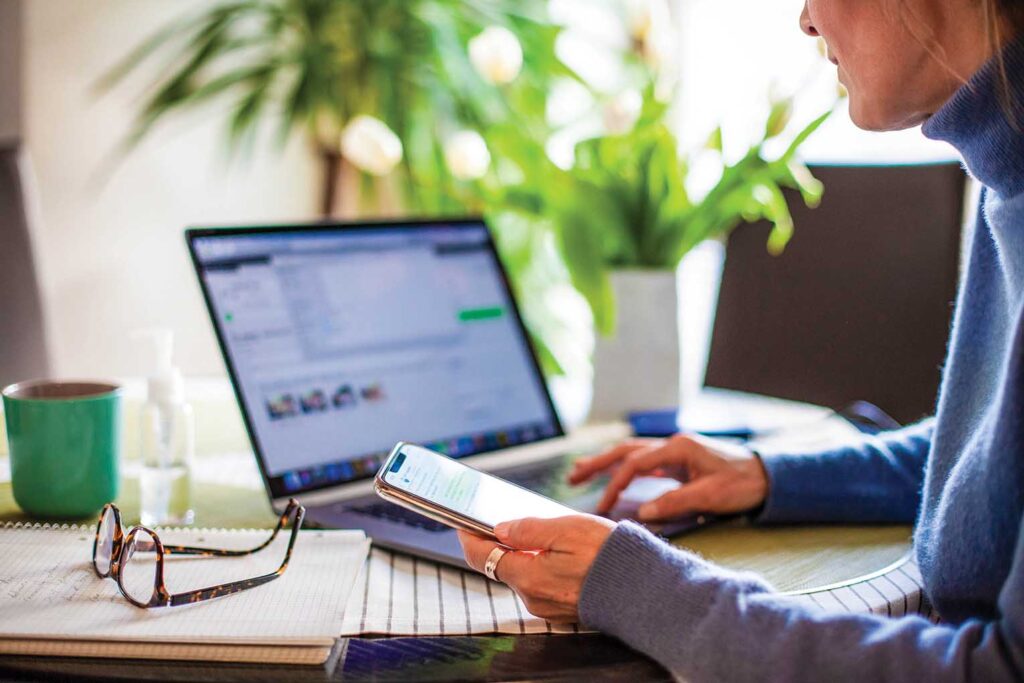In the past few months I’ve had fake social media accounts set up in my name, and I’ve been invited to like or follow fake accounts in the names of my friends. Imposter accounts have been around since social media was created, and it frustrating to realize we’ve fallen into someone’s trap.
But should we be alarmed?
Most of the time we simply delete requests to follow the account of someone who’s already a friend. Sometimes, though, when we’re multi-tasking or we’ve had a glass of wine, we click before we think.
So why do these fakers want our “likes” anyway?
Facebook took action on 1.5 billion fake accounts in the third quarter of 2022 alone, and that’s just one social media network. According to Bosco Legal Services, which does social media investigations, scammers create profiles for various reasons: to impersonate others, to extort money, to harass people online, to spread false information (especially political and hate speech), to leave false reviews or complaints about brands and/or to destroy a person’s reputation.
Police records — and television shows like Dr. Phil — are full of stories about people who’ve given money to someone they met online. Sometimes the amounts reach into the millions, with folks selling their homes and other possessions to meet the request of their newfound “friends.” Restaurants and other businesses are vulnerable to negative online reviews, sometimes actually written by ex-spouses, disgruntled former employees or quarreling competitors.
Bosco Legal has a few tips to avoid being impersonated online:
- Only accept friend requests from people you know.
- If you receive an invitation from someone you’re already connected with, delete it or reach out to the friend directly.
- Don’t put sensitive information on your profile, including bank details, social security number, home address and phone numbers. Remember documents left on the counter while taking a selfie can be scrutinized to find this info.
- Set your social media profile to private if you are especially concerned. This ensures your profile can only be viewed by people you personally approve.
So how can you spot fake accounts?
Fraudsters often use avatars and symbols or photos of animals or flowers in their profile. When they do use human pics they are sometimes low resolution copies-of-copies. Low-res photos can be a red flag, especially when following a public figure or celebrity. To see if a profile pic is linked to another account, run the profile pic through a search engine like Google Image Search, Bosco Legal suggests.
Impersonators sometimes add numbers or symbols after the account holder’s name — just enough to fool friends and even family members. If your friend’s account was firstnamelastname, and the clone was firstnamelastname123, would you fall for the fake? Fraud Watch found an account called Woo1ie Works posing as Woolie Works, switching the number 1 for the letter l in the name. Lots of folks were fooled.
And what do you do if your account has been cloned?
Social media companies have a process for reporting and blocking imposters, but my friends continued to be solicited after my fakers were reported by multiple users. Social media investigators like Bosco Legal will help for a fee, but your best bet is probably advice you heard from your grandmother long before the days of social media: Don’t believe everything you see.
https://www.youtube.com/watch?v=WvrUiNPaC-Q&ab_channel=DrPhilFullEpisodes





